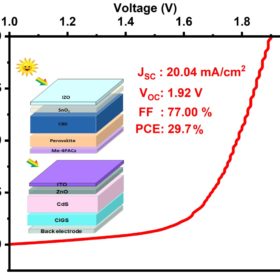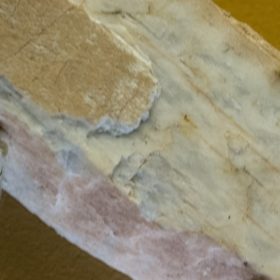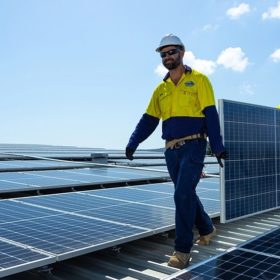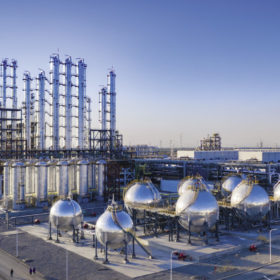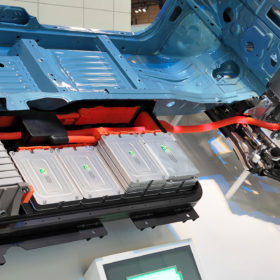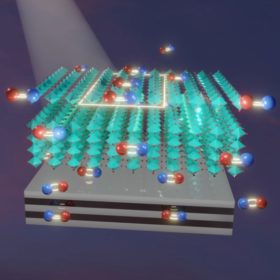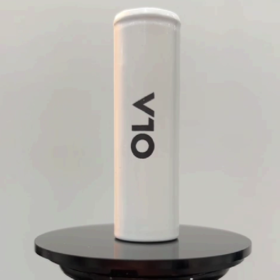Emmvee starts building new solar cell and module line
Karnataka-based Emmvee Group is constructing a 1.5 GW cell line with integrated 1.75 GW module capacity in Karnataka. The new facility will expand its overall module capacity to 3 GW.
Perovskite-CIGS tandem solar cell design promises 29.7% efficiency
A numerical study by researchers at India’s Chitkara University shows enhanced performance in the top device of a tandem solar cell based on copper indium gallium selenide (CIGS). The design had a higher open-circuit voltage, with the top cell acting as a current-limiting cell.
Lithium discovery big win for India, but concerns remain over mining and refining
India has struck gold by discovering 5.9 million tonnes of lithium resources in Jammu & Kashmir. The nation now needs to work towards building the capacity to extract lithium in a sustainable and eco-friendly way.
Australia’s top 10 solar panel, inverter manufacturers
Sunwiz has revealed the leading rooftop solar and inverter manufacturers in Australia for 2022.
Longi raises wafer prices as polysilicon hits $34.98/kg
The China Nonferrous Metals Industry Association (CNMIA) said that prices for monocrystalline silicon ranged from CNY 222 ($32.30)/kg to CNY 248/kg last week, up 31.37% from the middle of January. Longi, meanwhile, has raised its wafer prices by more than 15%.
India needs over $4 billion to create 50 GWh of lithium battery capacity under PLI Scheme: CEEW
A new study by CEEW deconstructs the lithium-ion battery cell manufacturing process, calculates the material and finance requirements, and offers a blueprint for the domestic strategy.
Gujarat govt, Greenzo Energy sign MoU for $60.4-million electrolyzer fab
The Gujarat government has allotted 10,000 sq.m of land and extended other support for Greenzo Energy’s proposed electrolyzer factory in Sanand.
US scientists improve photoresponsivity in solar perovskite by 250%
Researchers led by the University of Rochester claim to have increased the photoresponsivity of a lead-halide perovskite for solar cell applications by 250%. They created a perovskite film with a plasmonic substrate made of hyperbolic metamaterial and characterized it with transition dipole orientation.
Servotech appoints EV charging solutions distributor for Middle East and Africa
Servotech has signed a pact with Dubai-based Al-Ansari Motors to provide EV charging solutions in the Middle East and Africa. The company aims for $50 million in business from this region in the next one to two years.
Ola Electric to set up lithium battery gigafab in Tamil Nadu
The winner of the 20 GWh battery cell capacity under the government’s production-linked incentive (PLI) scheme is going to set up its lithium battery factory in Tamil Nadu.

